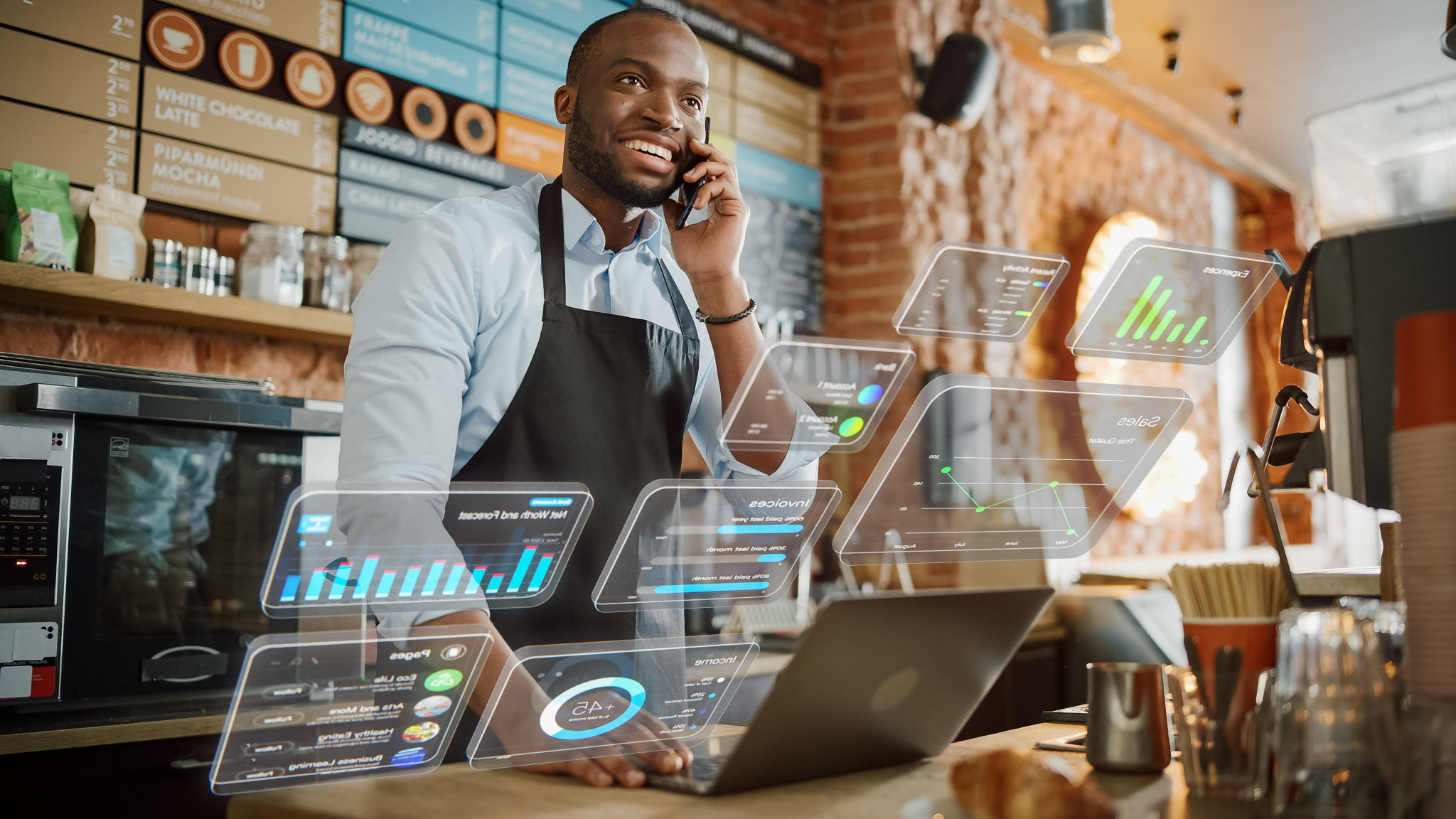Top 5 Benefits of Using Web3 Technology in the Restaurant Industry
Revolutionizing the Dining Experience with Web3
The restaurant industry is on the cusp of a technological revolution with the advent of Web3 technology. This new era of the internet promises to transform the way restaurants operate, offering numerous benefits that can enhance efficiency, customer satisfaction, and overall business growth. Here, we delve into the top five benefits of adopting Web3 technology in the restaurant industry.

1. Enhanced Transparency and Trust
One of the standout features of Web3 technology is its decentralized nature, which fosters transparency and trust. In the restaurant industry, this can manifest in various ways, such as ensuring the authenticity of ingredients. With blockchain technology, consumers can trace the origin of their food, verifying that it meets quality standards and is sourced ethically.
Moreover, smart contracts can streamline transactions and reduce disputes by clearly defining terms upfront. This transparency builds trust between restaurants and their suppliers, as well as with customers who are increasingly conscious about what they consume.
2. Improved Customer Engagement
Web3 technology opens up new avenues for customer engagement. Through tokenization and loyalty programs built on blockchain platforms, restaurants can offer unique incentives to patrons. For instance, customers can earn tokens for dining that can be redeemed for discounts or exclusive experiences.

Additionally, integrating Web3 solutions allows for personalized dining experiences. By analyzing decentralized data, restaurants can tailor recommendations and offers to individual preferences, thus enhancing customer satisfaction and fostering long-term loyalty.
3. Operational Efficiency and Cost Reduction
Another significant benefit of Web3 technology is its potential to enhance operational efficiency and reduce costs. By utilizing decentralized applications (dApps), restaurants can automate various processes such as supply chain management, inventory tracking, and order processing. This automation minimizes human error and optimizes resource allocation.
Furthermore, reducing dependency on third-party platforms for transactions can lower fees associated with payment processing. This cost-saving measure allows restaurants to invest more in other areas of their business, such as improving menu offerings or expanding their marketing efforts.
4. Enhanced Data Security
Data security is a critical concern for any business, especially in the restaurant industry where customer information is frequently handled. Web3 technology offers enhanced security through the use of blockchain’s immutable ledger. Sensitive data such as payment details and personal customer information are stored securely, minimizing risks of data breaches.

This robust security framework not only protects the restaurant but also reassures customers that their information is in safe hands, thereby enhancing trust and confidence in the brand.
5. New Revenue Streams
The integration of Web3 technology also paves the way for innovative revenue streams. Restaurants can explore non-fungible tokens (NFTs) to create exclusive digital collectibles or experiences that resonate with their brand. These NFTs can serve as unique marketing tools that attract tech-savvy diners looking for novel experiences.
Additionally, with the growing popularity of virtual and augmented reality experiences linked to Web3, restaurants can offer immersive dining experiences that blend the physical and digital worlds, attracting a broader audience and boosting revenue.
The adoption of Web3 technology in the restaurant industry presents a multitude of opportunities for growth and innovation. By embracing these changes, restaurants can not only enhance their operations but also create memorable experiences that resonate with modern consumers.
